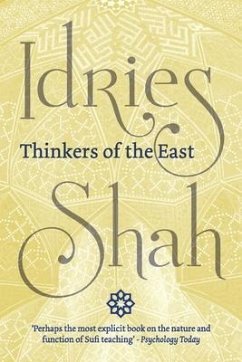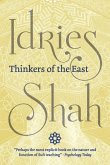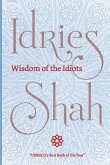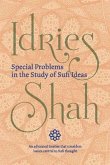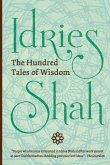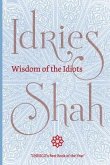Thinkers of the East is a collection of anecdotes and 'parables in action' illustrating the eminently practical and lucid approach of Eastern Dervish teachers. Distilled from the teachings of more than one hundred sages in three continents, this material stresses the experimental rather than the theoretical - and it is that characteristic of Sufi study which provides its impact and vitality. The emphasis of Thinkers of the East contrasts sharply with the Western concept of the East as a place of theory without practice, or thought without action. The book's author, Idries Shah, says 'Without direct experience of such teaching, or at least a direct recording of it, I cannot see how Eastern thought can ever be understood'.
Hinweis: Dieser Artikel kann nur an eine deutsche Lieferadresse ausgeliefert werden.
Hinweis: Dieser Artikel kann nur an eine deutsche Lieferadresse ausgeliefert werden.

